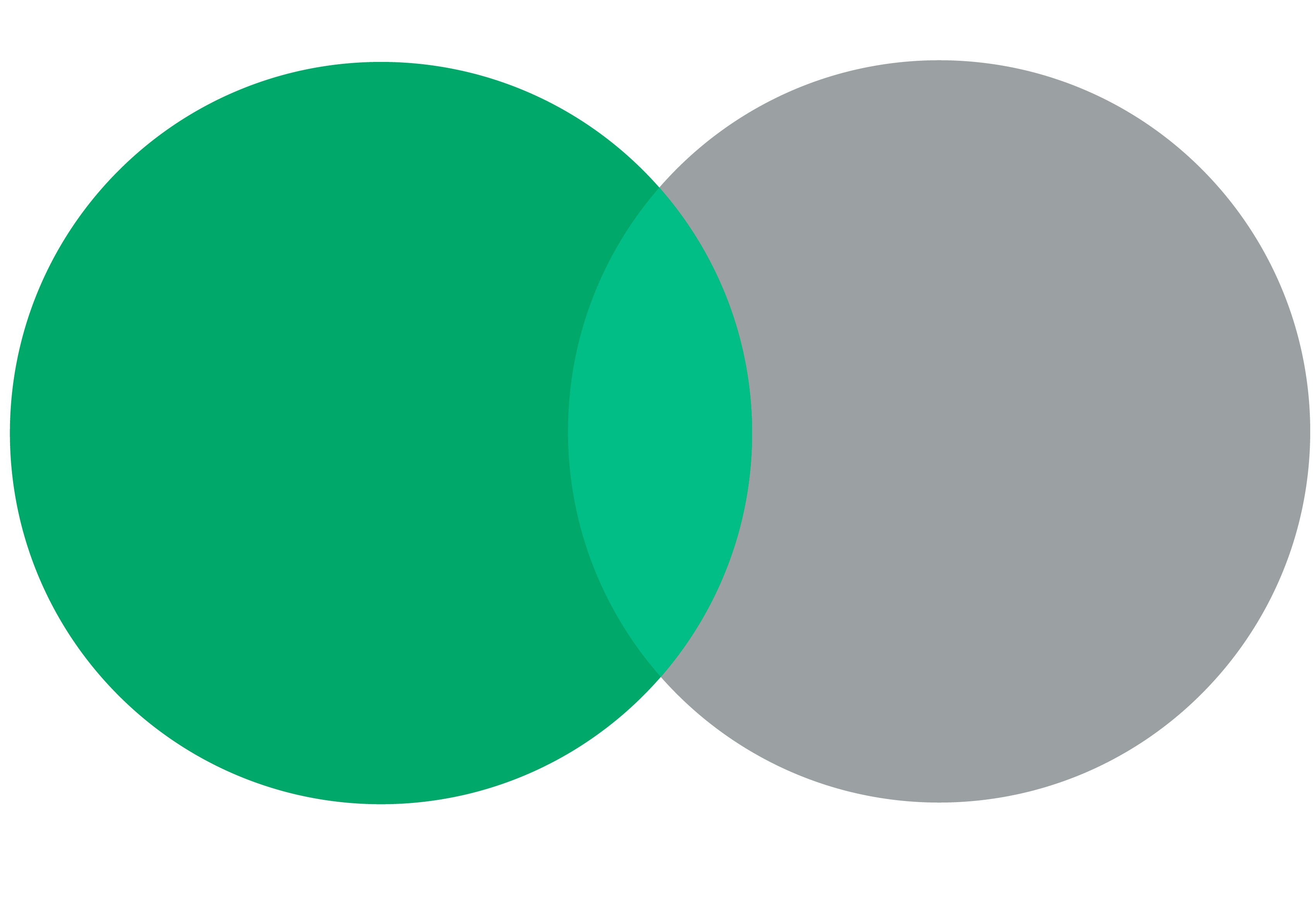08 Jan 2019 Perjeta (Pertuzumab): Current Landscape and Biosimilar Potential
Introduction
With the recent announcement that NeuClone is developing a biosimilar candidate of Perjeta (pertuzumab), this edition of the NeuClone Biosimilar Brief looks at Perjeta’s current use in HER2-positive breast cancer and the potential for biosimilars in antibody combination treatments.
HER2-Targeted Therapies: Perjeta (pertuzumab) and Herceptin (trastuzumab)
The HER2 oncogene is overexpressed in approximately 20-25% of breast cancers and results in more aggressive tumour phenotypes compared to HER2-negative tumours. As a result, women diagnosed with HER2-positive breast cancer were given a worse prognosis. However, since the introduction of HER2-targeted therapy two decades ago, this is no longer the case.
Herceptin (trastuzumab) was the first HER2 targeting antibody approved for use in 1998 followed by Perjeta (pertuzumab) in 2012. After its approval, Trastuzumab plus chemotherapy became the standard of care for HER2-positive breast cancer patients. Later, the addition of pertuzumab to trastuzumab and chemotherapy demonstrated superior clinical outcomes.
As reported in December 2018, NeuClone is developing biosimilar candidates of both pertuzumab and trastuzumab.
Pertuzumab Clinical Use and Efficacy
There are three FDA and EMA indications currently approved for the use of Perjeta (pertuzumab), all involving co-administration with trastuzumab.
Perjeta (pertuzumab) was first approved by the FDA in 2012 for treating metastatic breast cancer based on data from the CLEOPATRA study. Adding pertuzumab to trastuzumab and docetaxel improved investigator-assessed median progression-free survival by 6.3 months and improved median overall survival by 15.7 months compared to trastuzumab and docetaxel alone.
Pertuzumab was next granted accelerated approval by the FDA in 2013 for neoadjuvant (pre-surgery) treatment of HER2 breast cancer based on improved pathologic complete response (pCR). Pertuzumab, when added to trastuzumab and docetaxel, almost doubled successful pCR outcomes (39.3% in the pertuzumab arm compared to 21.5% in the control arm).
Most recently, pertuzumab was approved for adjuvant (post-surgery) breast cancer treatment following data from the APHINITY trial. While outcomes across all patients resulted in only marginal reductions in disease recurrence, the greatest benefit was seen in patients designated most at-risk (3-year rate of invasive-disease-free survival in lymph node positive patients was 92.0% for those receiving pertuzumab vs. 90.2% in the control arm).
The Cost
Adding pertuzumab to HER2-positive breast cancer treatments has demonstrated improved clinical outcomes in various settings, however pricing remains very expensive. In 2017, the Perjeta and Herceptin combination was priced at $158,000 in the US for an annual course with Perjeta contributing slightly more than half the expense.
In the UK, even when Herceptin (trastuzumab) biosimilars were considered at hypothetical discounts of up to 90%, Perjeta and trastuzumab combination treatment in the adjuvant setting was deemed cost-ineffective by the UK’s National Institute for Health and Care Excellence (NICE).
Due to patent protection and market exclusivity of Perjeta, it will be several years until a pertuzumab biosimilar is approved and prices likely driven down. Only then do we expect the cost-effectiveness equation to significantly improve and financial accessibility of pertuzumab and trastuzumab combinations to a greater number of eligible patients globally.
Biosimilar Potential
NeuClone is developing biosimilars of trastuzumab and pertuzumab to provide a larger number of breast cancer patients with high-quality treatment at a fraction of current originator prices. We believe there is great promise for biosimilars to disrupt the current combination setting where complementary medicines come with lucrative price tags – restricting wide spread global access.
Biosimilars have the potential to not only increase access to patients currently eligible to receive antibody combination treatments but to also expand the use of antibody combinations into new clinical indications where originator companies have not previously sought approval. Future use of antibody therapies, especially in oncology, could more closely reflect the use of chemotherapeutic cocktails seen today.
Contact: info@neuclone.com



